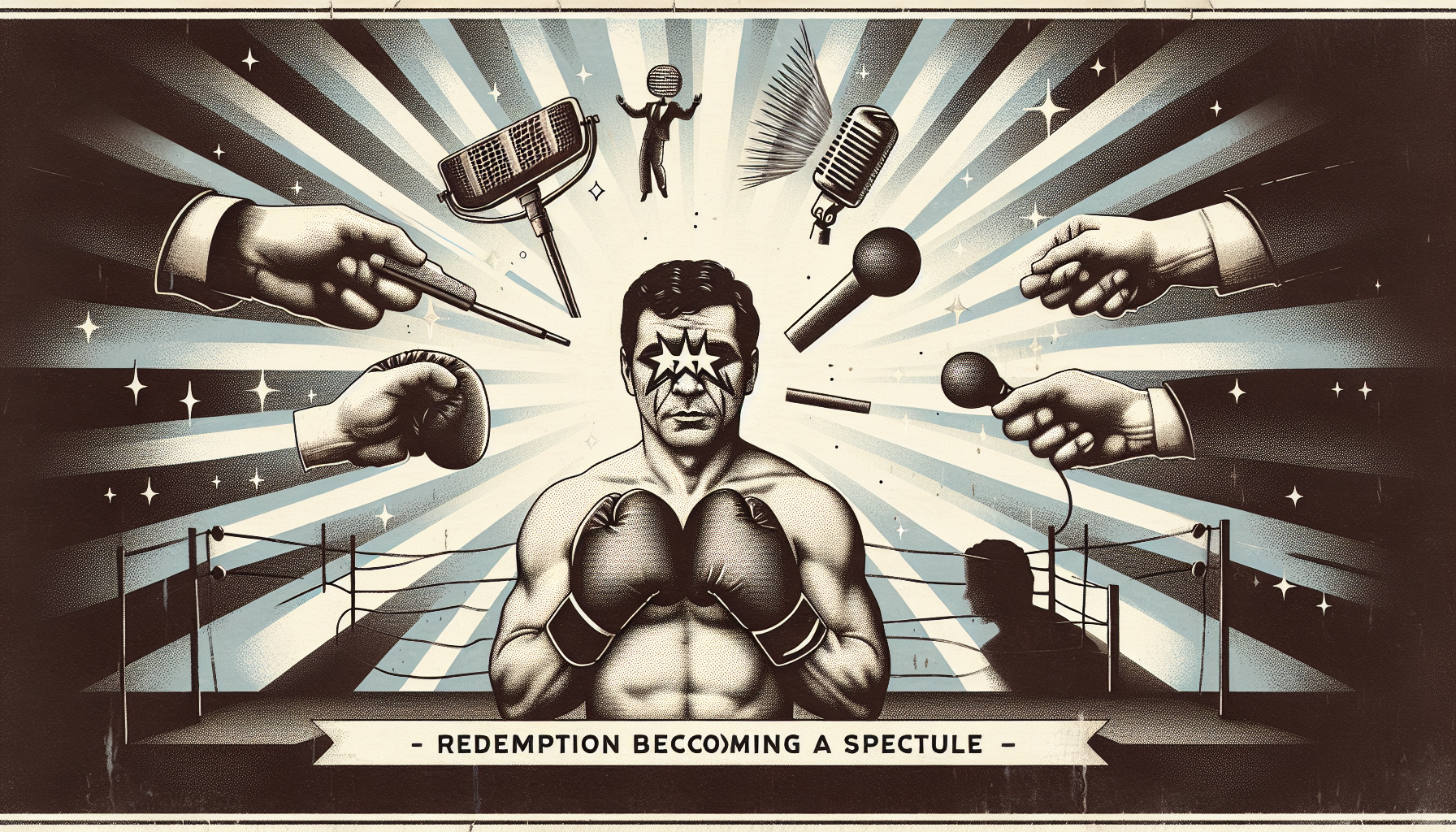Title: Silicon, Sanctions, and Shockwaves: Nvidia, Trump’s Tariffs, and the Tech Economy in a Tailspin
Dear readers,
What does it signal when a single presidential decision reverberates across continents, sends billions in value evaporating before lunch, and thrusts one company into the crosshairs of a geopolitical reckoning?
To understand the moment the global tech economy found itself shaken not by innovation, but by intervention, we must zoom in on a name synonymous with the AI revolution: Nvidia.
On April 16, 2025, under the fluorescent lights of The Economic Club of Chicago, US Federal Reserve Chair Jerome Powell voiced what many in Silicon Valley were already fearing—Donald Trump’s newly imposed tariffs, particularly those targeting advanced chip exports, could be the spark to reignite inflationary flames just as the economy had begun to cool.
The fallout wasn’t just economic. It was existential.
⚡ The Perfect Storm: Policy Meets Silicon
Let’s deconstruct the sequence.
First: The Trump administration imposed new licensing restrictions on Nvidia’s H20 chips being sold to China.
Then: Nvidia—worth hundreds of billions on a good day—lost 8.5% of its market value in mere hours. That’s equivalent to watching the GDP of a small nation disappear into the digital ether.
By the end of the day, the S&P 500 had dropped 2%, Nasdaq 3%, and the Dow Jones 1.7%. A domino effect swept across continents: South Korea’s Samsung and SK Hynix tumbled around 4%, Taiwan Semiconductor fell 2.5%, and even Dutch chip-machine manufacturer ASML saw a 5.2% dip.
But this wasn’t just panic selling. It was a signal. And it came with implications far more intricate than a quarterly loss.
📉 Nvidia’s $5.5 Billion Blow—and Why It Matters
Pause for a moment and internalize that figure: $5.5 billion. That’s the revenue Nvidia now expects to lose in a single quarter, largely due to the halted sales of their chips to China.
This isn’t just about spreadsheets and shareholder calls. This is about how a company driving the AI arms race suddenly finds one of its key battlegrounds blocked overnight.
And Nvidia’s not alone. AMD expects an $800 million hit. ASML came short of expected orders by €1 billion. Global chipmakers are trying to chart tomorrow’s terrain on a map that's being redrawn mid-flight.
As Powell put it diplomatically: “The inflationary effects could also be more persistent.”
Translation? Brace yourselves.
🧭 Tech Industry at the Mercy of Trade War 2.0
Remember 2018? When Trump launched his original trade war and tariffs on steel, aluminum, and washing machines made headlines? Well, welcome to the sequel—more digitized, more global, and infinitely more high-stakes.
This time, the battlefield isn’t manufacturing labor. It’s neural networks and nanometers.
The tech sector, long seen as untouchable—possibly even too essential to sanction—is now squarely in political crossfire. The message from Washington is unmistakable: No industry is exempt. And no company, no matter how trailblazing, is immune.
🇺🇸📉 California Strikes Back
It didn’t take long for backlash to bubble up at home. California, home to both Silicon Valley and the nation's largest economy by state, has launched a legal challenge against the tariffs.
Governor Gavin Newsom and Attorney General Rob Bonta argue Trump has overstepped his authority, imperiling not just diplomacy, but jobs, innovation, and investor confidence.
Imagine telling a state that fuels the global AI race, “You can build it—but you can’t sell it freely.” The resistance was inevitable.
🌐 Trade Tornado: Asia, Europe Caught in the Draft
What began as a Washington directive is now rewriting global equilibrium.
In Asia, Korean and Taiwanese chipmakers are facing export pressures. In Europe, firms like ASML that produce the very machines used to etch advanced chips are revising earnings forecasts.
And yet, in Beijing, the mood is calm—on the surface at least. Chinese media downplayed the risks, with new international trade negotiator Li Chenggang stepping in amid bureaucratic reshuffling. But make no mistake: the calculus in Zhongnanhai is being recalibrated, strategically and silently.
🤖 Artificial Intelligence, Real Consequences
Here’s the paradox of it all.
We are accelerating into a world powered by AI—making Nvidia chips as critical as crude oil once was. But by weaponizing chip exports, are we stifling the very innovation we claim to champion?
Punishing Nvidia for being successful in global markets doesn't just cripple its profits. It creates a chilling effect across the industry. Venture capital hesitates. R&D pauses. Talent migrates. Momentum stalls.
One senior analyst compared this to “putting a speed limit on the information superhighway, then setting up unexpected roadblocks.” Uncertainty doesn't just hurt margins—it dismantles trust.
📉 Is This Inflation, Or Just Shockwaves?
Let’s return to Powell—calm, composed, and candid.
He acknowledged the US remains fundamentally strong but stressed that uncertainty is now the economy’s shadow. “At least a temporary rise in inflation,” he noted, was likely. If the Fed Chair sounds worried, perhaps we all should be.
What’s been revealed this week is that geopolitics now lives inside gigabytes and semiconductors. It’s in your smartphone, your smart fridge, your self-driving car. Policy decisions once confined to marble halls in D.C. now echo through the circuits of Nvidia’s boards and onto the stock tickers of Seoul, Amsterdam, and Wall Street.
💡 Lessons from the Silicon Recession That Almost Was
Will this be a footnote in AI history or the defining inflection point?
That depends on what comes next. Will Washington choose long-term competitiveness over short-term political wins? Will companies begin to decouple supply chains—or double down on sovereignty?
Perhaps what we’re truly watching here isn’t just a market correction, or a tariff gone rogue. Maybe it’s the moment when global tech realized its vulnerability—and we all realized how interconnected our fates really are.
From the palm of your hand to the halls of power, one thing is certain: silicon is the new steel, and this trade war just opened a new front.
Stay savvy, friends. In a world where chips power intelligence—and policy powers chips—awareness might be our greatest weapon.
Yours analytically,
A Watcher of Markets, Microns & Missteps
